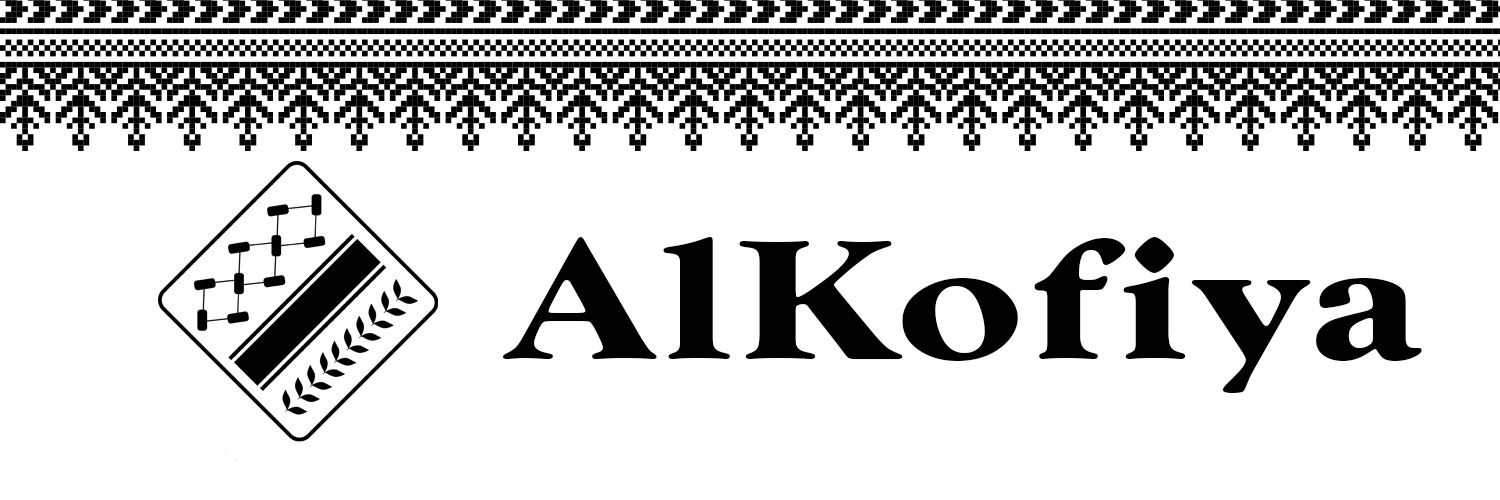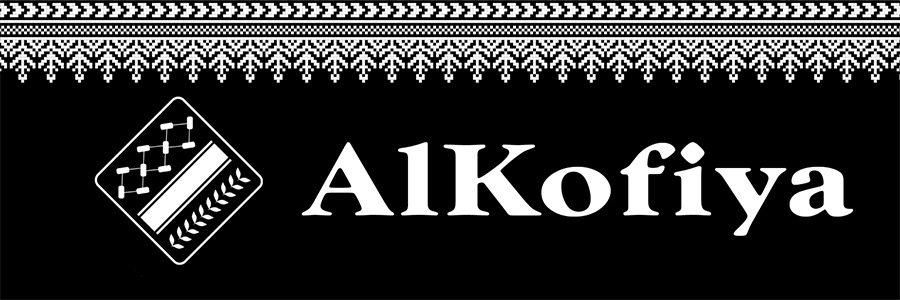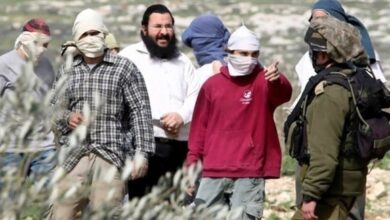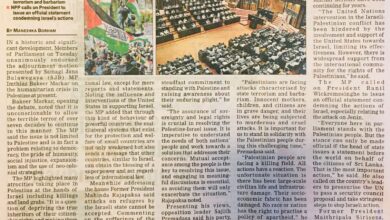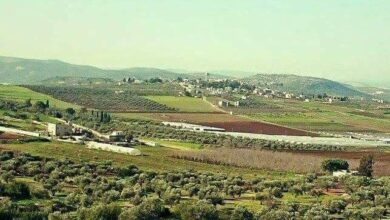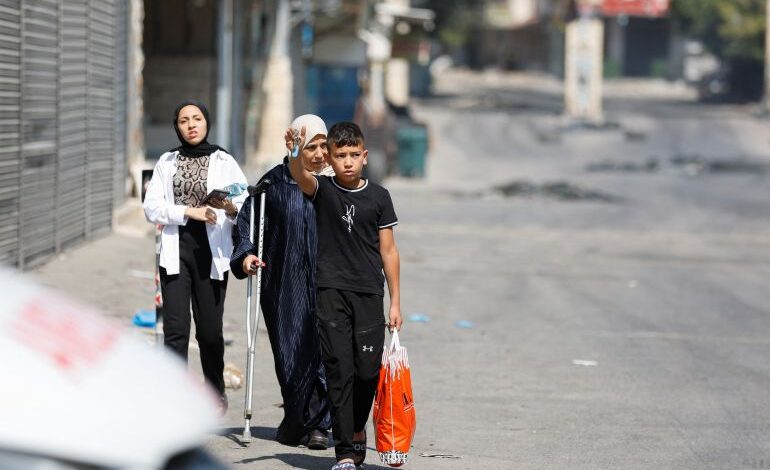
Jenin raid is over. Palestinians are left to suffer psychologically
Every morning, Fatima Salahat, a mother of four, would wake up at 7, get out of bed and tiptoe into the kitchen of her home in the Jenin refugee camp in the occupied West Bank.
With her husband, Zeid, still lost in slumber, she would start her day with the music of Lebanese icon Fairuz – often the same song, on repeat.
“The Way of Our Love, that was her favourite,” said Zeid, a 56-year-old paramedic. “But now I can’t feel anything for that song. We’ve lost those happy moments.”
Now, Fatima lies in a hospital bed. She can barely talk or walk after suffering a panic attack doctors said was linked to the stress caused by Israel’s most devastating military offensive on the camp in about 20 years.
More than 1,000 Israeli soldiers stormed the overcrowded camp last week as rockets and drone missiles struck private homes and public infrastructure. Nobody could guess where the next barrage would come from.
On the second day of the attack, Fatima, 54, began showing symptoms. She was quick to anger, nervous and in a constant state of hyperalert tension until she reached a breaking point and was brought to Jenin’s public hospital.
Her condition is far from isolated. In the aftermath of the offensive, in which Israeli forces killed 12 Palestinians, residents found themselves not only sifting through the wreckage of their destroyed homes but also grappling with the heavy emotional toll inflicted by each Israeli attack.
A layered, collective trauma
“In the West, they call it post-traumatic stress disorder, or PTSD. I question the application of the term here because in Palestine we have never been in the ‘post’,” said Samah Jabr, the head of the mental health unit for the Palestinian Authority.
The latest raid, experts said, added another layer to the collective trauma experienced by Palestinians living under occupation, exacerbating wounds that have not had a chance to heal over generations.
Israel said the raid was to “clean up” a “haven for terrorists”, but UN experts said the assault constituted collective punishment of Palestinians and may amount to a war crime.
“The trauma is enduring, it’s chronic, it’s historical and it’s intergenerational,” Jabr said. She noted that the fierce assault also affected the psyche of Palestinians beyond Jenin because images showing thousands of people evacuating the camp in the middle of the night with just the clothes on their backs are reminding many of the Nakba.
The Nakba, which in Arabic means the “catastrophe”, refers to when 750,000 Palestinians were ethnically cleansed from their towns and villages to make way for the establishment of Israel in 1948.
The camp in Jenin was established in 1953 for refugees from more than 50 villages and cities in the northern parts of Palestine, mainly Haifa and Nazareth. Since then, it has been the target of continuous Israeli military raids.
During the 2002 Intifada, Israeli forces wiped out entire sections of the camp and killed 52 Palestinians over 10 days of fighting, which also killed 23 Israeli soldiers.
More than a quarter of the camp’s population was forced to flee what had become a battlefield, or “Jeningrad”, as the late Palestinian leader Yasser Arafat described it in reference to the Nazi siege of the Russian city Stalingrad during World War II.
